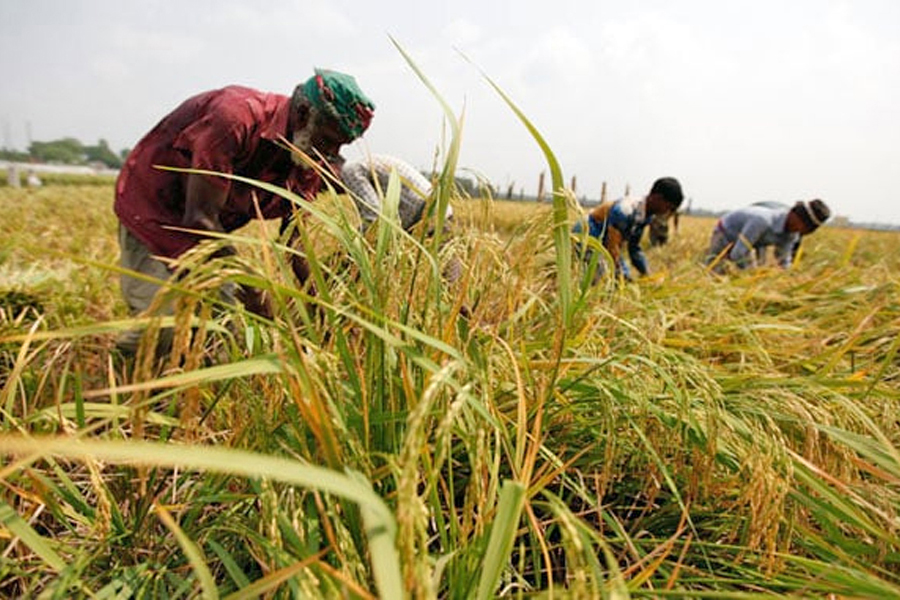
Published :
Updated :

Although marginal farmers and fishers remain among the most affected by climate-induced disasters, their issues seldom feature in global climate summits, including the UN’s annual Conference of the Parties (COP), stakeholders said at a roundtable on Tuesday.
They were speaking at a roundtable discussion on “COP-30: Expectations and Challenges for Small-Scale Farmers and Fishers”, organised by COAST Foundation at an auditorium in the capital.
Md Shamsuddoha, Chief Executive of the Center for Participatory Research and Development – CPRD, said the concerns of small farmers and fishers have long been ignored at COP negotiations, even though they are on the frontline of climate change impacts. “There is hardly any direct support for improving their lives,” he said.
Instead, he observed, global negotiations are largely dominated by debates over how vulnerable countries will extract funds and how development partners will provide high-interest loans.
“What we need is a National Adaptation Plan that truly addresses the needs of farmers and fishers. But even when foreign-funded projects come, their use in Bangladesh is often ineffective,” he said.
Citing an example, he noted that among the projects taken up by 25 ministries, 99 per cent are not climate-focused.
“Bangladesh needs substantial finance to tackle climate change impacts, yet the little money that does arrive is being wasted in many ways,” he added.
Disaster management expert and writer Gawher Nayeem Wahra said that while agriculture has advanced in Bangladesh, the farmers themselves have been left behind. “They do not even get subsidy benefits. At COP, no one speaks about the plight of marginal farmers or indigenous communities. These issues must be placed on the table at COP-30,” he said.
Md. Sazder Rahman, Director, Blue-Economy, Department of Fisheries, said multiple ministries are involved in climate-related losses and damages, but coordination remains weak.
He pointed out that government efforts to control losses sometimes backfire on farmers and fishers.
“For instance, hilsa production has declined due to climate change. When fishing is banned to protect stocks, fishers lose their livelihoods,” he said.
He further noted that rising temperatures are reducing food production, while cyclones and storms are increasing, cutting the incomes of farmers and fishers and indirectly hurting consumers as well. “All these realities should guide the country’s expectations and demands at COP,” he added.
Speakers also pointed out that, in particular, women and young farmers are still largely excluded, with experts calling for stronger local-level implementation and inclusion ahead of COP-30.
The roundtable highlighted several priorities: ensuring the rights and livelihoods of marginal farmers and fishers, guaranteeing their direct participation in project design and policy implementation, and recognising women’s and youth farmers’ access to land, resources, technology, and markets.
Participants also called for more accountability in financial support and grassroots-level interventions.
Farmers present at the event demanded clear policies for crop insurance, support for combating salinity in the south, and protection for tenant farmers.
The roundtable was chaired by Rezaul Karim Chowdhury, Executive Director, COAST.
sajibur@gmail.com


 For all latest news, follow The Financial Express Google News channel.
For all latest news, follow The Financial Express Google News channel.